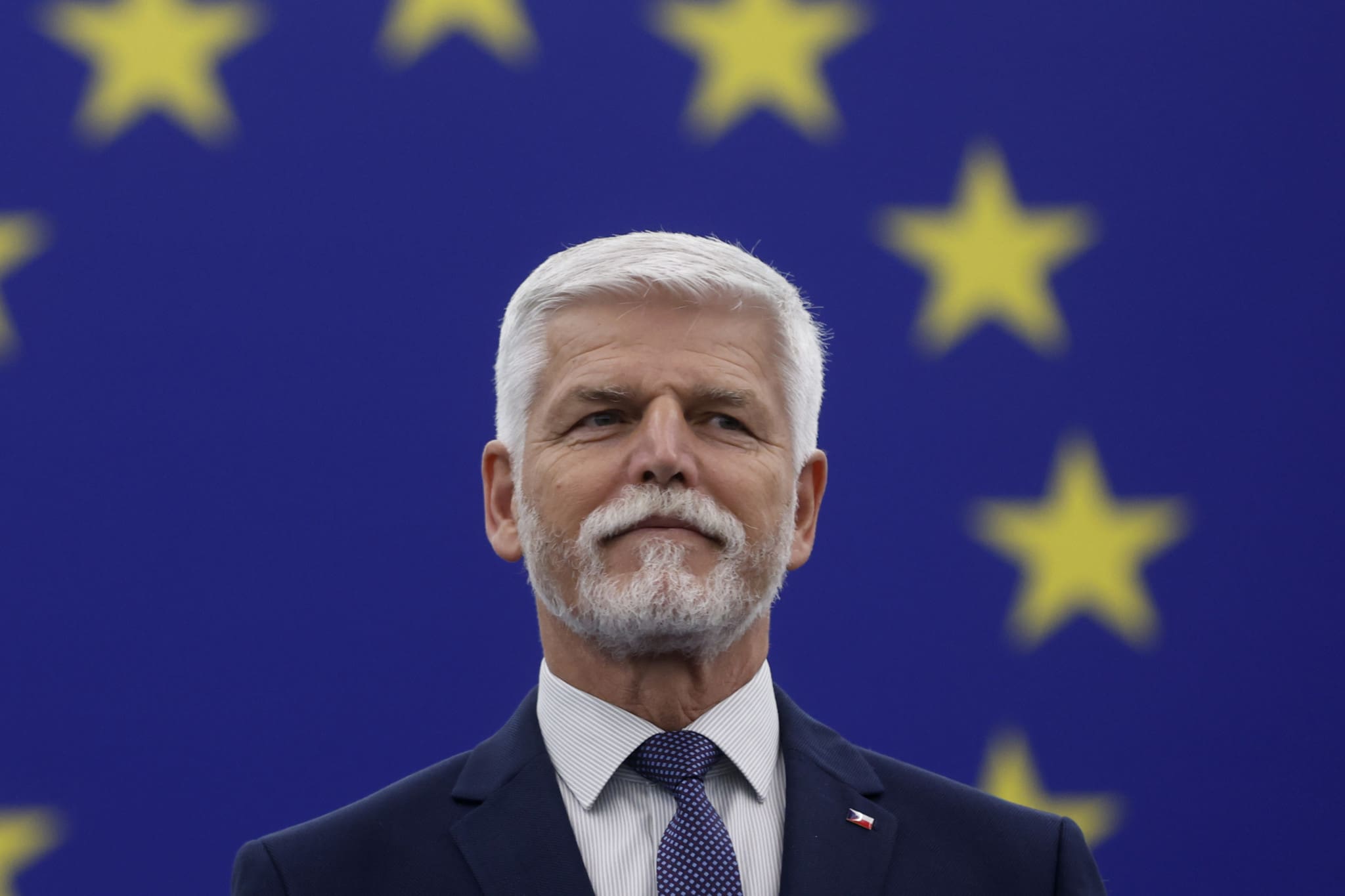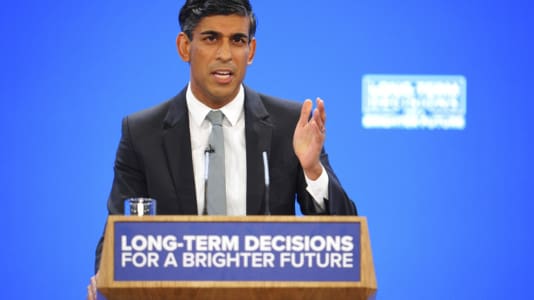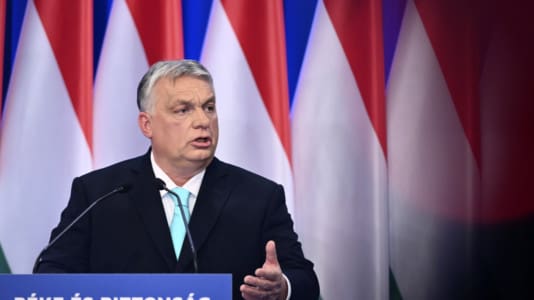Czech President Petr Pavel was criticized by both members of the governing party and political opposition for suggesting that EU member states should be prepared to ditch the veto on key issues related to foreign policy and security in order to create a stronger, more powerful bloc.
In a speech on Tuesday at the Concert Hall in the Belgian city of Bruges, the Czech head of state delivered a pro-EU, pro-NATO address in which he identified the many challenges the European Union is currently faced with, including Russian aggression, an assertive China, the climate crisis, and the rise of illegal migration.
During the speech, Pavel touched upon the topic of improving the European Union’s effectiveness, telling attendees that “we must be prepared to consider the domestic debate on various proposals to modify the EU’s decision-making process, including a move to qualified majority voting in some areas.
“We need to raise awareness that stability and power — in other words, the ability to act together — are our shared interests,” he added.
The Czech president suggested that reforms to the principle of unanimity in certain policy areas may be necessary as the European Union considers further enlargement in the near future.
His remarks echo those shared by German Chancellor Olaf Scholz last year, who said, “We can no longer afford national vetoes in foreign policy if we want to continue to be heard in a world of competing great powers.”
Members of Czechia’s governing Civic Democratic Party (ODS) and the political opposition have criticized Pavel’s comments, insisting that qualified majority voting should not be extended to sensitive policy areas.
“I am certainly against the extension of majority voting to defense and foreign policy. The same goes for taxes. As for the government coalition, there is also no agreement to support such changes,” said ODS MEP Alexandr Vondra, who added that the governing party “has been opposing this for a long time.”
“Giving up the veto today is not politically, strategically, or tactically correct. I do not agree with Mr. President on this particular matter,” said Marek Benda, an ODS lawmaker who sits on the parliament’s foreign committee.
Opposition leader Andrej Babiš went further, accusing the Czech head of state of “spouting nonsense” and suggesting ideas that would lead to even greater German and French dominance within the continent.
“It’s a question of sovereignty. Losing the veto would be fatal for us. Then we wouldn’t be able to enforce anything at all,” Babiš said in response.
“The Council of the EU, where the presidents and prime ministers are, is the most important place for us. The prime minister didn’t understand that, and the president is now spouting nonsense. How do you imagine it? That we would all be ruled by Germany and France? It’s a no-go for me. If it happened, all is lost,” added the head of the ANO movement.






